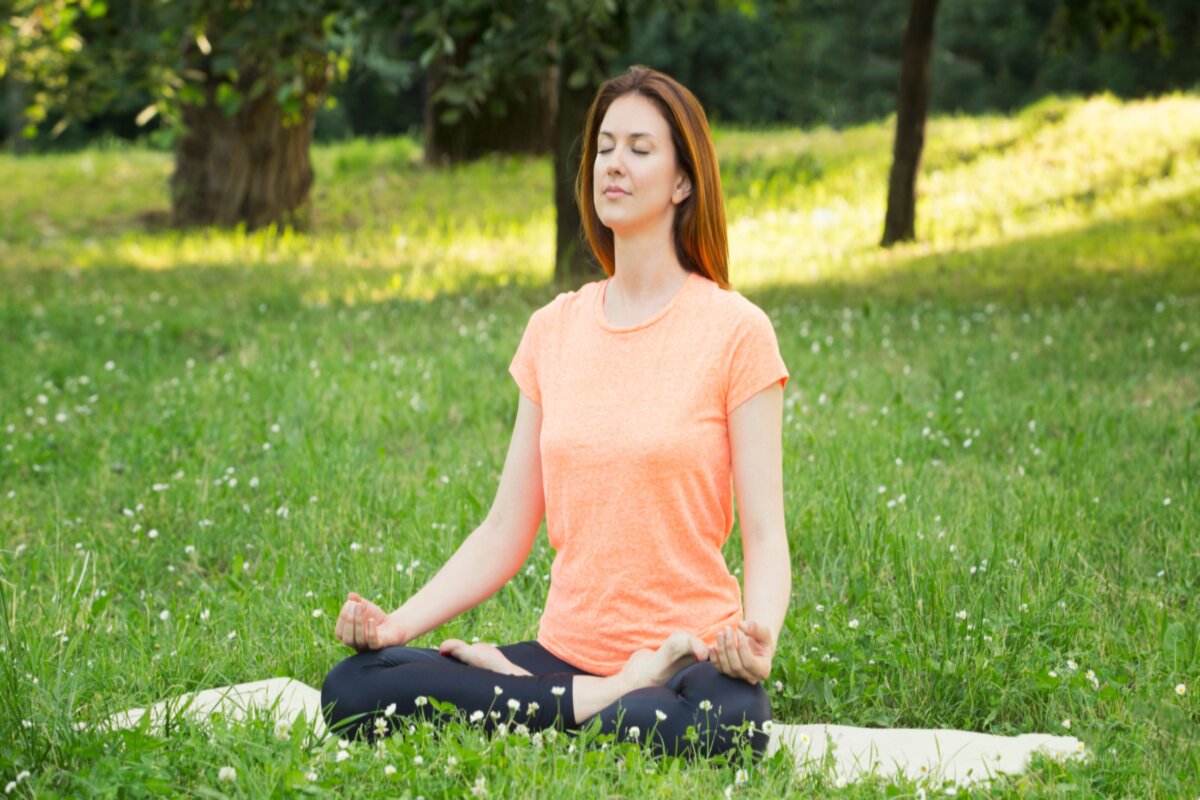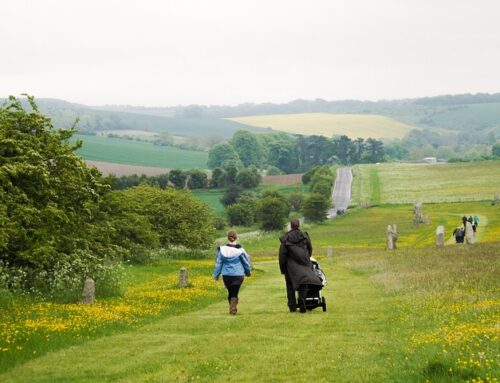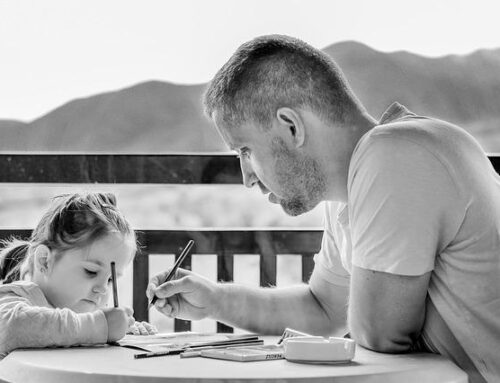Something I discuss with clients and loved ones on a frequent basis is the connection between our mind and body. This is something I believe the world is starting to catch on to, and the insight it brings can be truly life-changing.
Most people who have experienced mental health symptoms have felt the tightness in their chest or the heaviness in their body, among many other physical symptoms. Sometimes before we even realize we are having anxious or depressed thoughts or emotions, we start to notice the physical signs. This is why it is important to listen to our body and what it tells us. If we find that our palms are sweating and our heart is racing when we aren’t doing any physical exercise or strenuous activities, perhaps our body is trying to tell us, “Hey! Our mind is not feeling at peace right now!”
For some, the physical symptoms are the only aspect they experience of mental health. But for others, it is a red flag that their thoughts and emotions are becoming problematic, and now it is time to seek help.
Now more than ever, it is even more important to be aware of our bodies, since our mental health can affect our immune system and overall physical health. A lot of us are trying to be extra cautious and healthy during the pandemic, and so keeping an eye on how you are feeling mentally will have an impact on your physical health too. If we are feeling stressed and overwhelmed, it can wear us down and create pain in our body as well as the mental pain we might be experiencing. Sometimes we get in a cycle of negative thoughts, emotions, and physical symptoms and they feed into each other to become less helpful and more harmful.
The good news is that if we can create that negative cycle; we can create a positive one. Using coping skills can help us interrupt the negative cycle long enough to start a new positive cycle. One way to do this is through mindfulness.
Mindfulness is a way to connect our mind and our body through being present in the moment. When we are feeling anxious, many times our mind is in the future and this can make our body feel like it is in a stressful situation, leading to physical signs of anxiety. This is true of depression as well. Often in depression, our mind spends a lot of time in the past, maybe feeling guilty for something we have done, or regretting a decision we made. Mindfulness again interrupts that cycle of negative thinking, emotions, and physical symptoms, and can lead to enjoying the present moment. Mindfulness can be simply acknowledging we are not in the future or past, we are in the right now.
How can we engage in mindfulness? We can use our senses to be present in the moment with our mind and body. This includes our sense of touch, smell, sight, hearing, and taste. We can use things in the present to focus on these senses, such as lighting a candle to bring your sense of smell into the present, or eating something slowly and purposefully to live in that moment.
These small acts can seem simple, but sometimes, just as simply remembering something painful can bring our mind backward, engaging our senses can do the opposite and bring us to the present moment. I like to use smells to engage in mindfulness. I enjoy florals and fruits, and by touching something soft like a blanket, I can bring myself to a peaceful present moment. Sometimes we do not have those things around us, so instead, we observe through our senses the things in our area. What am I looking at? Smelling? Hearing? Tasting? What am I feeling with my sense of touch? This simple act can do so much, especially when we are feeling out of touch with our emotions or our body, as some with depression or anxiety can sometimes feel.
Overall, engaging with your mind and body can bring insight into how you are feeling emotionally and physically. When you start to feel powerless or like you cannot control these emotions, mindfulness, and engaging with your senses can bring that power back.
So today, take a moment to listen to your body first, and then your mind. What are you experiencing? How are your thoughts influencing your body? Now how is your body influencing your thoughts? Then try using mindfulness and reflect on how the experience is for your mind and body.
You will gain important information and likely learn more about what your body has been trying to tell you all along!





Leave A Comment